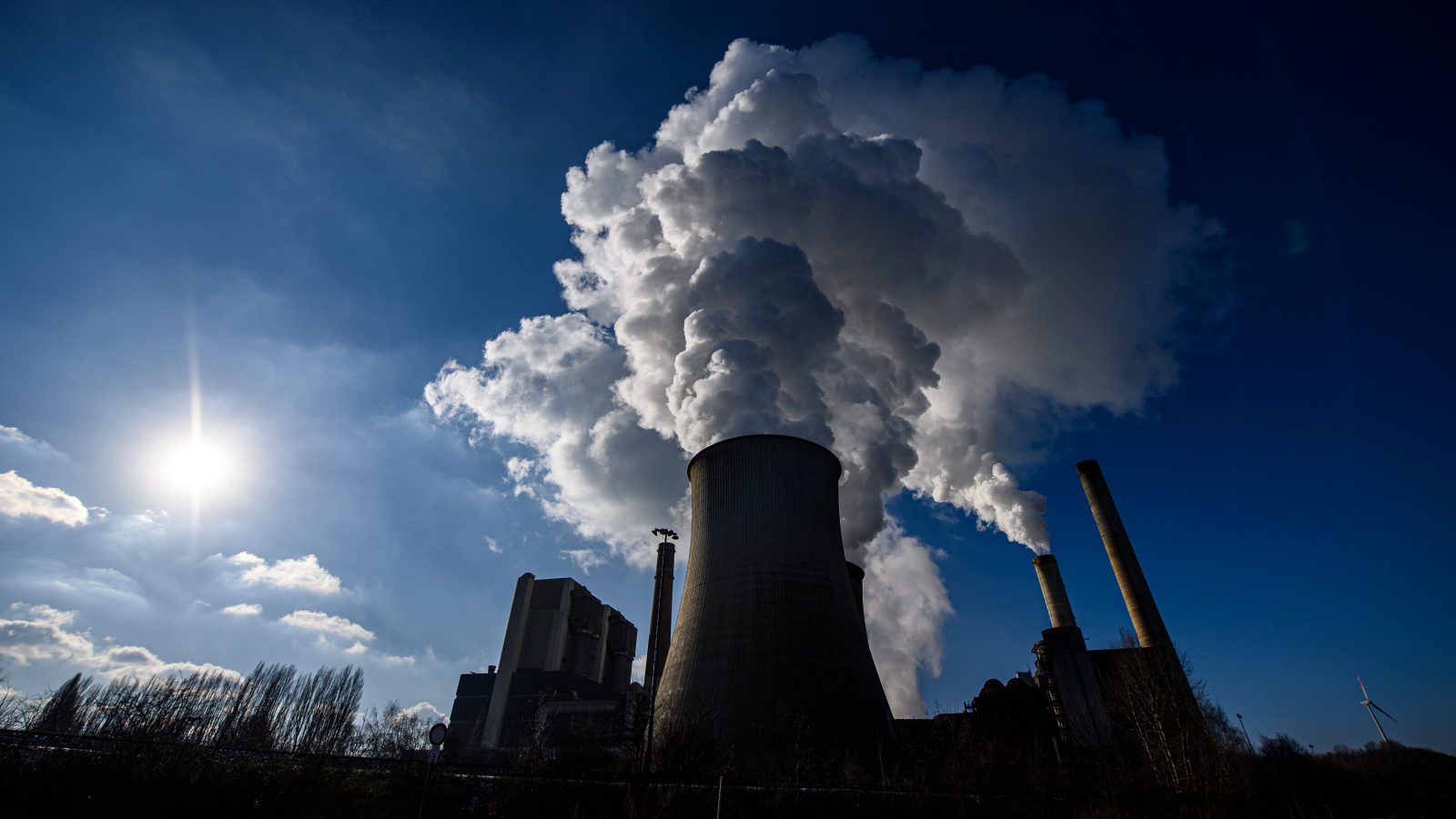This story was originally published by the Guardian and is reproduced here as part of the Climate Desk collaboration.
Carbon dioxide emissions must fall by the equivalent of a global lockdown roughly every two years for the next decade for the world to keep within safe limits of global heating, research has shown.
Lockdowns around the world led to an unprecedented fall in emissions of about 7 percent in 2020, or about 2.6 billion tonnes of CO2, but reductions of between 1 billion and 2 billion tonnes are needed every year of the next decade to have a good chance of holding temperature rises to within 1.5 degrees or 2 degrees C of preindustrial levels, as required by the Paris Agreement.
Research published on Wednesday shows that countries were beginning to slow their rates of greenhouse gas emissions before the COVID-19 pandemic struck, but not to the levels needed to avert climate breakdown. Since lockdowns were eased in many countries last year, there have been strong signs that emissions will rise again to above 2019 levels, severely damaging the prospects of fulfilling the Paris goals.
Corinne Le Quéré, the lead author of the study, said the world stood at a crucial point as governments poured money into the global economy to cope with the impacts of the pandemic. “We need a cut in emissions of about the size of the fall [from the lockdowns] every two years, but by completely different methods,” she said.
Governments must prioritize climate action in their efforts to recover from the pandemic, she said. “We have failed to understand in the past that we can’t have tackling climate change as a side issue. It can’t be about one law or policy, it has to be put at the heart of all policy,” she said. “Every strategy and every plan from every government must be consistent with tackling climate change.”
The study joins other research showing that the drastic fall in greenhouse gas emissions associated with the pandemic will have little impact on long-term climate goals, and may be followed by a swift rebound unless countries take rapid action to direct their economies away from fossil fuels.
“There is a real contradiction between what governments are saying they are doing to do [to generate a green recovery], and what they are doing,” said Le Quéré. “That is very worrisome.”
Glen Peters of the Cicero center for climate research in Norway, who coauthored the paper, said structural changes were needed for economies around the world to move away from fossil fuels and other high-carbon activities.
“Emissions were lower in 2020 as fossil fuel infrastructure was used less, not because infrastructure was closed down,” he said. “When fossil fuel infrastructure is put into use again, there is a risk of a big rebound in emissions in 2021, as was seen in the wake of the global financial crisis in 2009.”
The paper, published in the journal Nature Climate Change, shows that many of the world’s major economies were reducing their emissions before the pandemic. The Global Carbon Project, a team of scientists from around the world, found that 64 countries had cut their emissions in the period between 2016 and 2019 compared with 2011 to 2015, but 150 countries showed an increase in emissions in the latter period.
Countries must urgently intensify their efforts to cut greenhouse gas emissions, said Le Quéré. The study shows that the annual rate of emissions cuts must increase roughly tenfold from 160 million tonnes a year in high-income countries before the pandemic struck.
In lower-income countries, there was no real slowdown in emissions between 2016 and 2019 compared with the previous two five-year periods. Such countries must also drastically slow their rate of emissions increase in the future if the Paris goals are to be met.
Joeri Rogelj, a lecturer in climate at Imperial College London who was not involved in the study, said governments were in danger of slipping back on their climate commitments as a result of the pandemic and the rush to restart stalled economies.
“Governments need to use their recovery stimulus in smart, future-proof ways [but] other analysis has shown very few governments are taking this opportunity,” he said. “Currently, the actions and investments of many governments in response to COVID-19 are driving emissions in the opposite direction.”
Dave Reay, a professor of carbon management at the University of Edinburgh, also not involved in the study, said: “Already there are signs that instead of build back better, it is more often a case of build back, whatever. If we are to have any chance of getting back on track to meet the Paris goals, the route out of the pandemic must be both global and green.”




